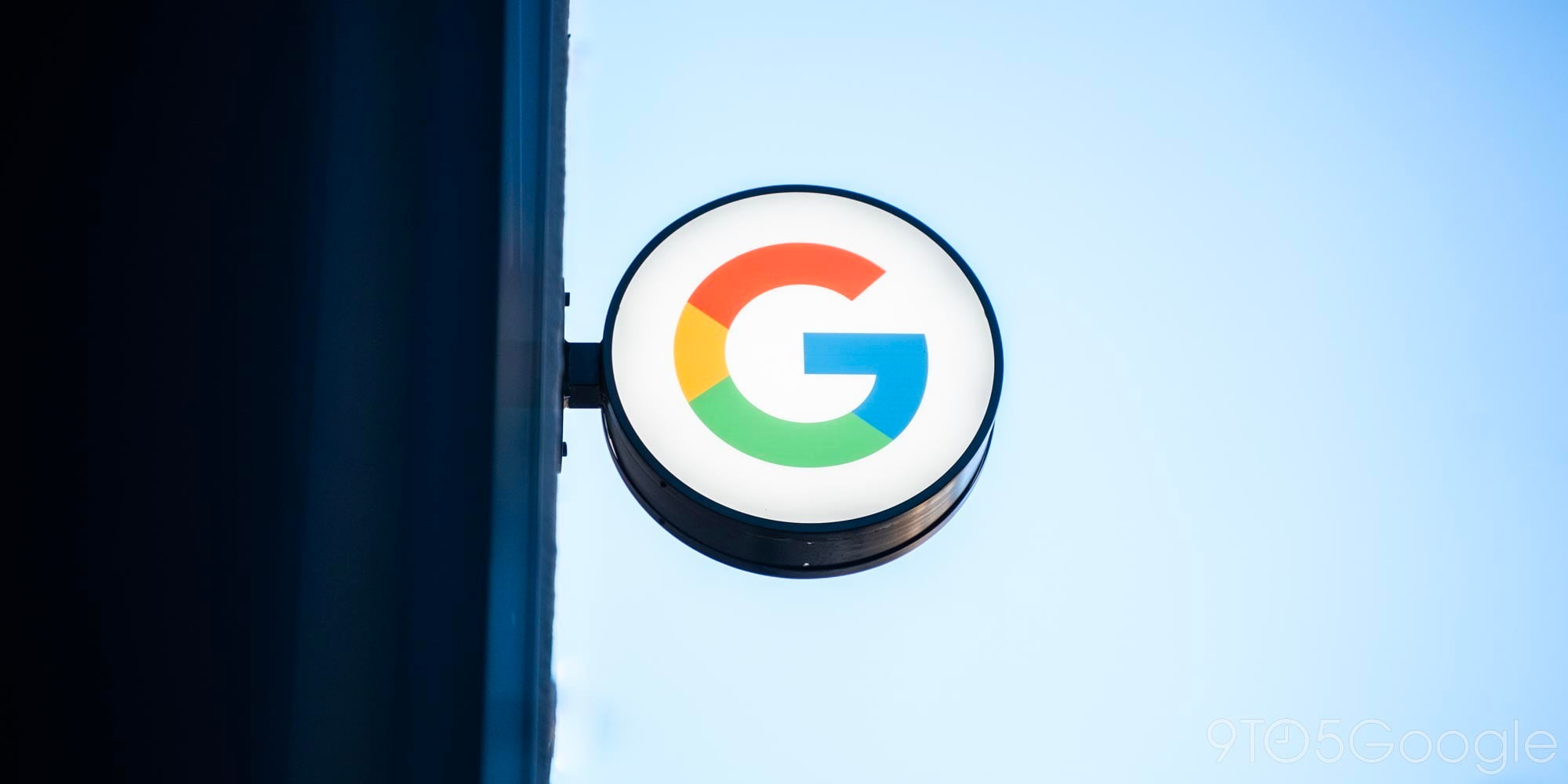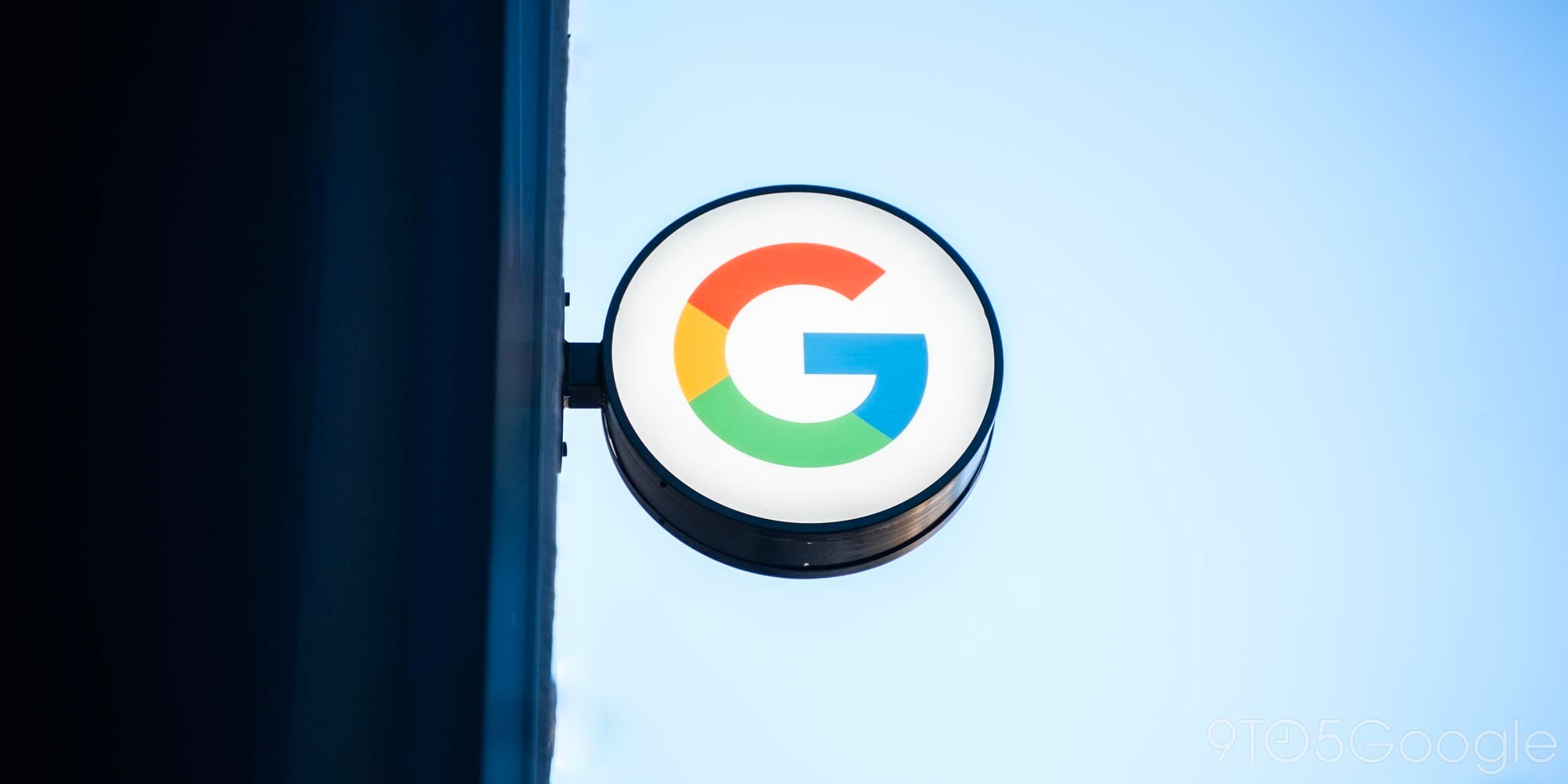ZTE is buddying up with security software company AVG to pre-install AVG AntiVirus Pro on all of its new Android tablets and smartphones starting this month, the company announced in a press release. It’s only a 60-day trial, though, so you’ll have to pay up $15 if you want to continue using it after that.
“For many of us, our smartphones have become the primary device that we spend most time with, but ensuring mobile security can sometimes be an afterthought,” said Ms. Wang Xuemei, Business Manager at ZTE. “Our customers will be able to rely on our partnership with AVG to help take the worry out of connecting to their favorite websites, apps and using online services through their ZTE smartphones and tablets.”
This is already turning out to be a pretty controversial move, not least because any software not included in Google’s vanilla build of its OS is almost always considered bloatware. It also doesn’t help that Adrian Ludwig, Google’s head of security for Android, has come out and said in the past that most consumers don’t need to bother with anti-virus software for their Android devices:
“I don’t think 99% plus users even get a benefit from [anti-virus]. There’s certainly no reason that they need to install something in addition to [the security we provide],” said Ludwig. “If I were to be in a line of work where I need that type of protection it would make sense for me to do that. [But] do I think the average user on Android needs to install [anti-virus]? Absolutely not.”
There’s a constant battling happening between Google and the computer security companies on the topic of mobile security. ZTE themselves acknowledge in the release that much of our computing is moving to these mobile devices, and it’s widely accepted that many of the next 4 billion to come online will do so from a mobile device. If this is all true, what are the antivirus companies, who still make most of their money from desktop software, to do? It’s not hard to believe that they might stretch the facts a bit and make it seem like Android is more prone to attracting viruses and malware than it really is. But at the same time Google has an interest in Android being, or at least appearing, secure. What should you believe?
The widespread consensus these days is that no, you probably don’t need extra protections against viruses and malware. The security measures Ludwig alluded to in Android include an antivirus scanner added in 4.2 Jelly Bean (which is said to be as good or better than most free ones), as well as other security measures built into the OS long ago and more recently like data backups, call blocking, and Android M’s fingerprint authentication support. Put together, these make a lot of these security applications’ features beyond scanning for viruses redundant. And even though at the time Ludwig said Google’s automated review process of apps for security purposes was the best possible, the company has since implemented a human review process for identifying violations of its developer policies amongst flagged apps.
Android saw a 600% increase in total individual pieces of malware in 2014, to more than 650,000 (much smaller total than on Windows), according to research firm Sophos. The most common ways Android phones are infiltrated are through apps installed from outside the Google Play Store, desktop viruses that get onto the device when its connected via USB, and the age-old clicking on suspicious-looking links. Basically, taking common sense precautions from the desktop days should keep you pretty well protected. Only download apps from reputable stores, don’t install apps that mysteriously download on your phone, don’t click weird links from unknown senders, etc.
At the same time, Ludwig acknowledged that security conscious people with jobs that demand strong data protection will want anti-virus software, so why not everybody? The worst that could happen is you lose a couple dollars and some storage space on your phone.
FTC: We use income earning auto affiliate links. More.






Comments